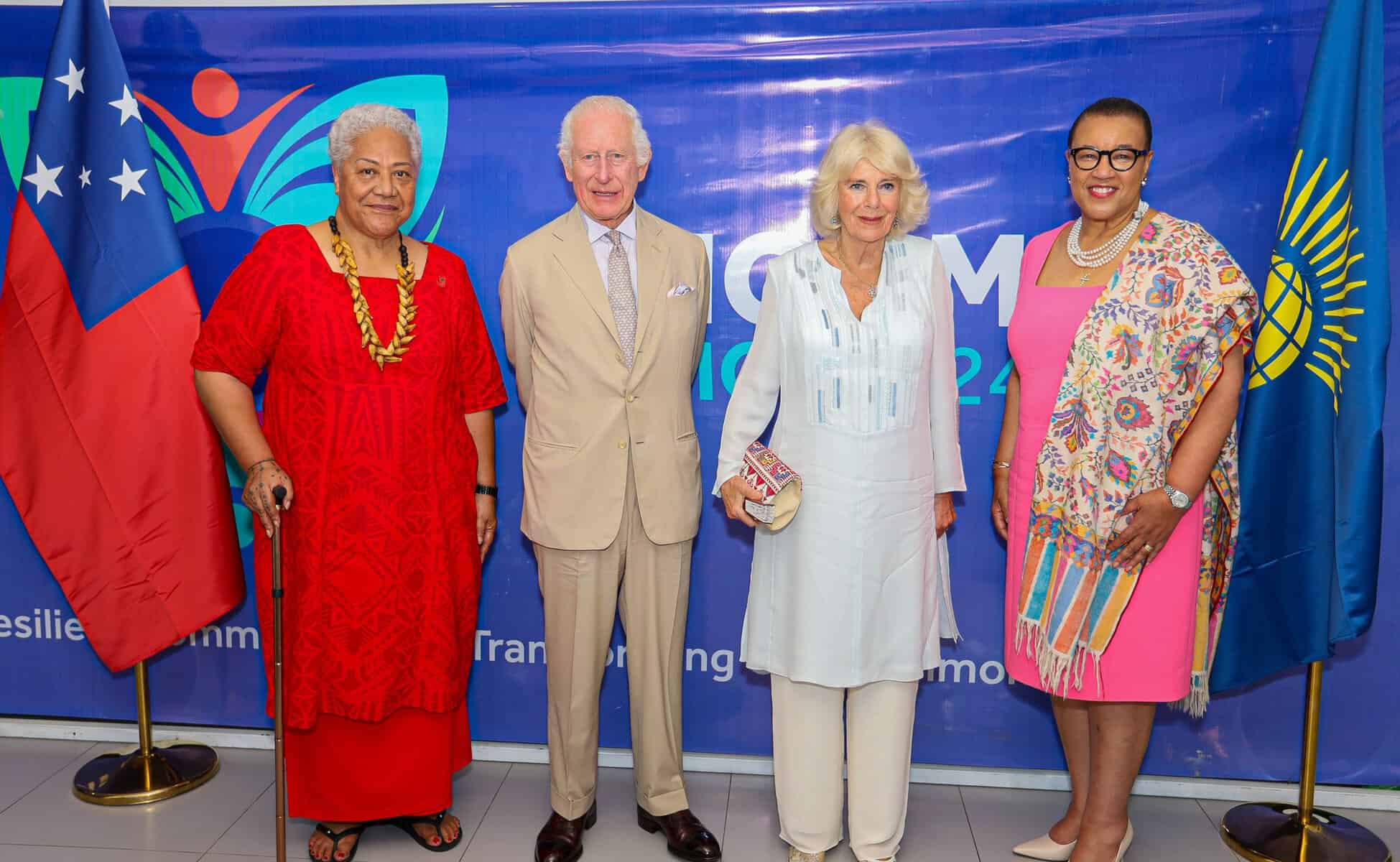PACIFIC leaders head for Azerbaijan and COP29 in November, buoyed by recognition at the Commonwealth Heads of Government Meeting in Samoa of the dangers of climate change to the region and the world . . .
Please Subscribe to view full content...

PACIFIC leaders head for Azerbaijan and COP29 in November, buoyed by recognition at the Commonwealth Heads of Government Meeting in Samoa of the dangers of climate change to the region and the world . . .